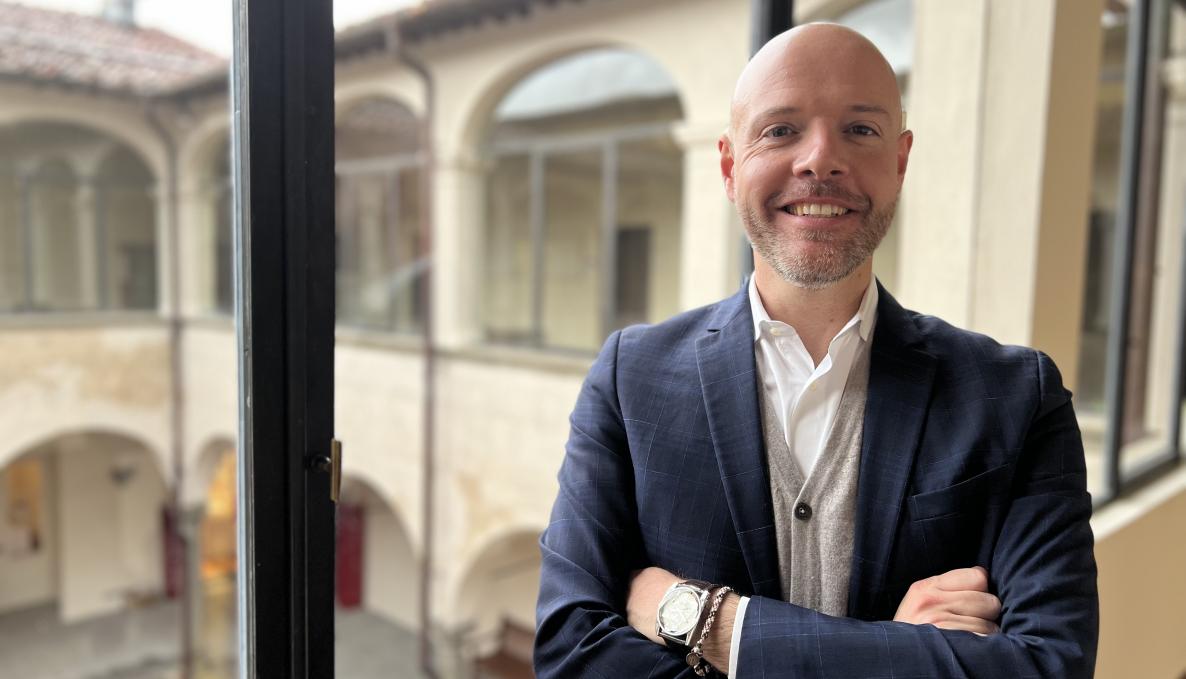Volunteering is an engine of social transformation: Luca Gori, Assistant Professor in Public Law, among the speakers at the Trento conference promoted by Labsus and Euricse. "From the Third Sector Code innovations between freedom and legal regulation"
Reports revealed how volunteerism is a robust structure, capable of interacting with institutions and communities, appearing dynamic and diverse, in the changing world

Luca Gori, Assistant Professor at the Sant'Anna School in public law, participated in the conference organized in Trento on Friday, March 1, by Labsus and Euricse (European Research Institute on Cooperative and Social Enterprises) to explore the topic of "Volunteering and Voluntary Work," presenting a paper on the topic of the regulatory evolution of volunteering. The conference was part of the "Trento Italian and European Capital of Volunteering 2024" initiative.
The proceedings revealed how volunteering is no longer just an element of assistance, but a dynamic and diverse agent of social transformation in a constantly changing world. Volunteering is also a robust structure, capable of interacting with institutions and communities.
During his lecture, Luca Gori focused on the legal definition of volunteer and volunteer activities and the challenges they present in legal terms. "It is a definition suspended between the past - what has already happened - and the future - with the new manifestations of civic activism. The 'Third Sector Code' has brought important innovations. Great care and sensitivity is needed when describing this behavior as an expression of a freedom, which is constitutionally protected, at the level of the rules to be observed, which are very stringent. The law of volunteering moves along this difficult path between freedom and legal regulation, and reflection is always, inevitably open. Just think of individual volunteering, digital volunteering, volunteering for public administrations. These are absolutely open legal, social and cultural challenges."



